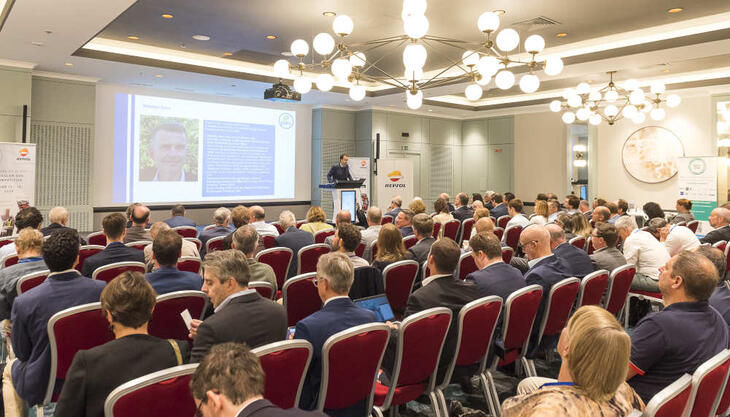The Italian plastics industry stands up again

The Italian consulting company Plastic Consult, operating in the field of industry, finance, trade associations and public authorities, has published the 2015 edition of Plastic Trend Synthesis, a multiclient study which summarizes the figures and data resulting from the company’s long standing contacts with the plastics industry. It analyses the current trends in the supply of and demand for all major thermoplastic polymers.
The main fact emerging from the new study is that the Italian demand for thermoplastic polymers showed a major increase in 2015, way above expectations, with a strong acceleration in the last quarter of the year. The overall demand for virgin polymers exceeded 5.5 million tons for the first time since 2012, an increase superior to three per cent points with respect to the previous year.
The short-term prospects are favourable, despite the Italian economy still shows a certain weakness. It is expected that investments in construction and infrastructure will be back to positive during 2016, but the impact on the plastics sector will be rather slow. Industrial production, and especially final consumption, is showing a healthy recovery and domestic demand is the key factor for consolidating this growth.
 In terms of
consumption, most polymers showed more than satisfying figures compared to 2014,
with polyolefins enjoying an above-average increase and PP rising strongly (+4%).
Substantially stable figures for PVC, EPS and compact PS (the latter stopping the
decline that started in 2007), while engineering polymers grew at a far
superior rate (over +8%) keeping the same pace as in 2014, driven by the strong
recovery of the Italian domestic production of automobiles.
In terms of
consumption, most polymers showed more than satisfying figures compared to 2014,
with polyolefins enjoying an above-average increase and PP rising strongly (+4%).
Substantially stable figures for PVC, EPS and compact PS (the latter stopping the
decline that started in 2007), while engineering polymers grew at a far
superior rate (over +8%) keeping the same pace as in 2014, driven by the strong
recovery of the Italian domestic production of automobiles.


















